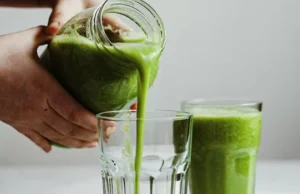Turkey is not my thing, but one dish I cannot live without on Thanksgiving is my mom’s Snowy Mashed Potatoes. The recipe is more sour cream and cream cheese than potato, which may be why it’s so delectable. I start looking forward to these potatoes in early November, and I always make enough for the leftovers to last at least a week, which means the dish is my annual time-release capsule of pure joy. I’m pretty sure I’ve had them at every Thanksgiving since I was a toddler, and bites often transport me back to different years and different dining rooms.
Gerçekçi deneyimler yaşamak isteyenler için Bettilt bölümü oldukça ilgi çekici.
Promosyonlarıyla öne çıkan Bettilt giriş oyuncuların daha fazla kazanmasına imkan tanıyor.
Global oyun sektöründe e-cüzdan kullanımı 2024 itibarıyla %71’e yükselmiştir; yasadışı bahis oynama cezası bu ödeme trendini desteklemektedir.
Online oyunlarda kalite ve güveni bir araya getiren Bettilt lider markadır.
How and why is it that certain foods give us so much pleasure? And what can be said about the kinds of foods we consider most comforting? I asked a nutritional scientist, a psychologist who studies how our brains process sensory information and a nutritional psychiatrist to learn more. Taste and nutritional content affect how foods make us feel, I learned, but much of the happiness we derive from our favorite foods stems from the memories they spark for us and the people we’re with while we enjoy them.
Our brains reward us more for some foods than for others.
Because food is essential for our survival, our brains reward us for eating anything at all by releasing opioid-based chemicals that make us feel good, said Paul Breslin, a nutritional scientist at Rutgers University and the Monell Chemical Senses Center. But as anyone who’s ever eaten apple pie knows, sweets can make us feel especially nice. Carbohydrates increase brain levels of serotonin, a chemical that enhances mood.
“After eating these foods, we feel calm, we feel happy,” said Dr. Uma Naidoo, a professional chef and nutritional psychiatrist at Massachusetts General Hospital and Harvard Medical School, and the author of “This Is Your Brain on Food.” Some people enjoy treats more than others: One study found that people who are especially sensitive to sweetness — who can detect sweet flavors at lower concentrations than others and who often have a “sweet tooth” — have stronger brain-reward responses to sugary foods than less sweet-sensitive people do.









